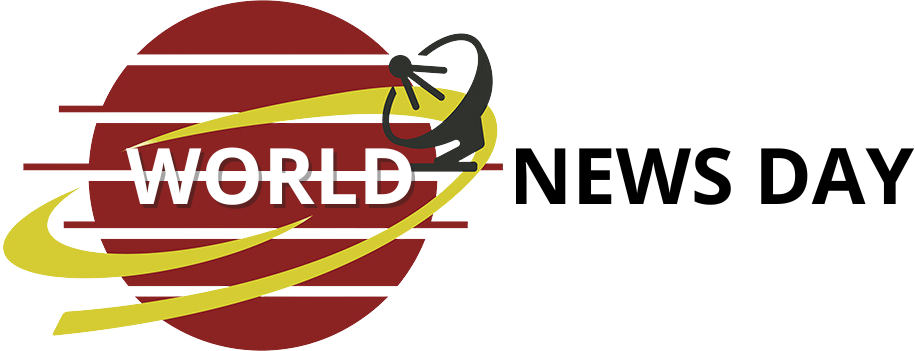Washington — A divided Supreme Court wrestled on Tuesday with the scope of a federal obstruction statute used to prosecute hundreds of people who breached the Capitol on Jan. 6, 2021, in a legal battle that could have ramifications for the election interference case against former President Donald Trump.
At issue in the court fight known as Fischer v. U.S. is whether federal prosecutors can apply a law passed in the wake of the Enron scandal to the Jan. 6 assault. The measure makes it a crime to “corruptly” obstruct or impede an official proceeding, and defense attorneys argued that the Justice Department has turned the measure into a “dragnet.”
The first provision of the law prohibits altering, destroying, mutilating or concealing a document. Before the Jan. 6 attack, prosecutors had never used the statute in cases that did not involve evidence tampering. But since the unprecedented assault on the Capitol, it has been levied against more than 350 defendants who breached the building where Congress had convened a joint session to tally states’ electoral votes. More than 1,380 people have been charged in connection with the Jan. 6 attack.
It is also among the charges that Trump is facing in the case brought in Washington, D.C., by special counsel Jack Smith last year. The former president pleaded not guilty to one count of obstructing Congress’ counting of Electoral College votes, one count of conspiring to obstruct the proceeding and two others.
Oral arguments
The case is the first in which the Supreme Court has been tasked with tackling the fallout from the Jan. 6 attack head-on, and Solicitor General Elizabeth Prelogar, who argued on behalf of the government, repeatedly sought to remind the justices of the unprecedented nature of the events that day.




















